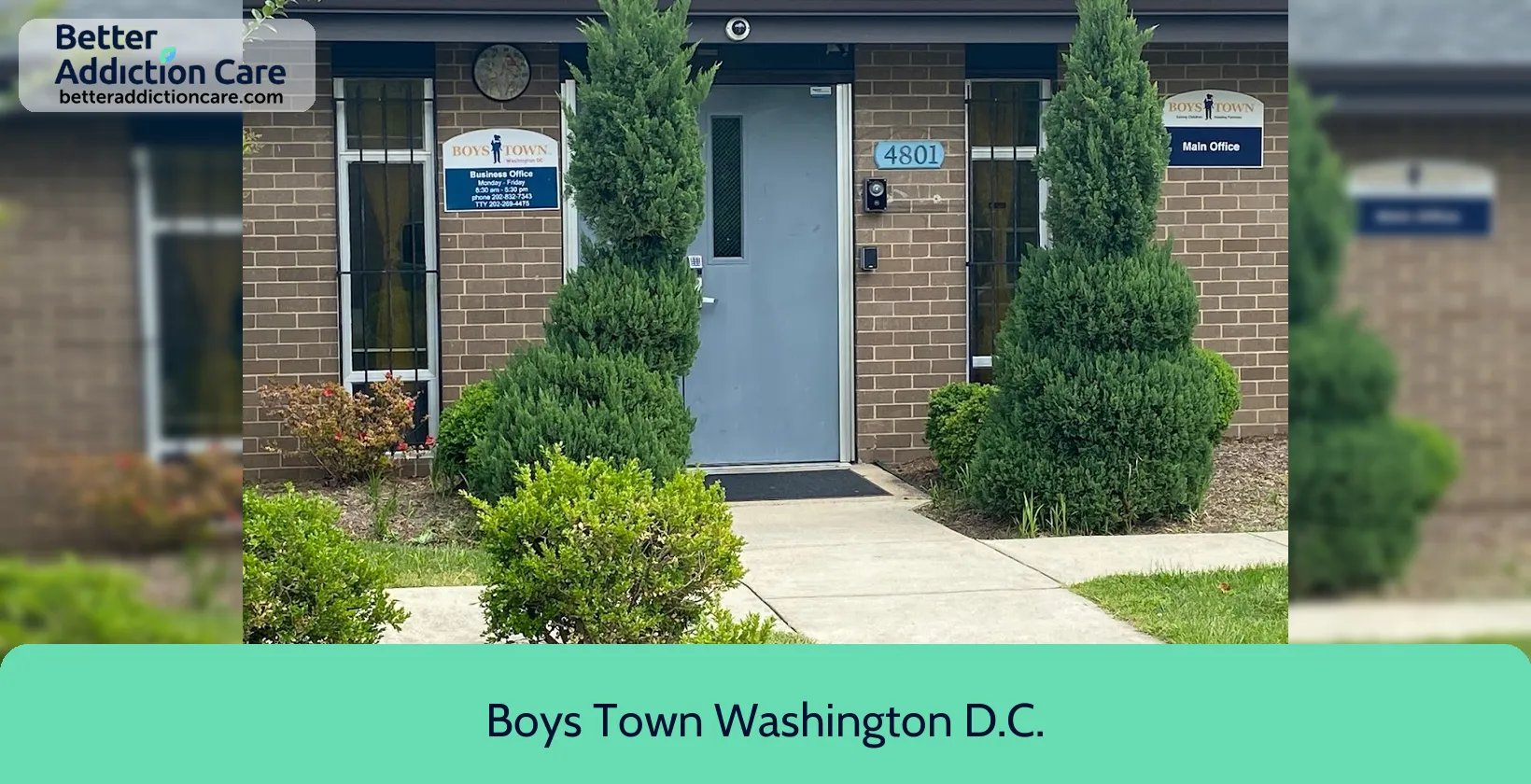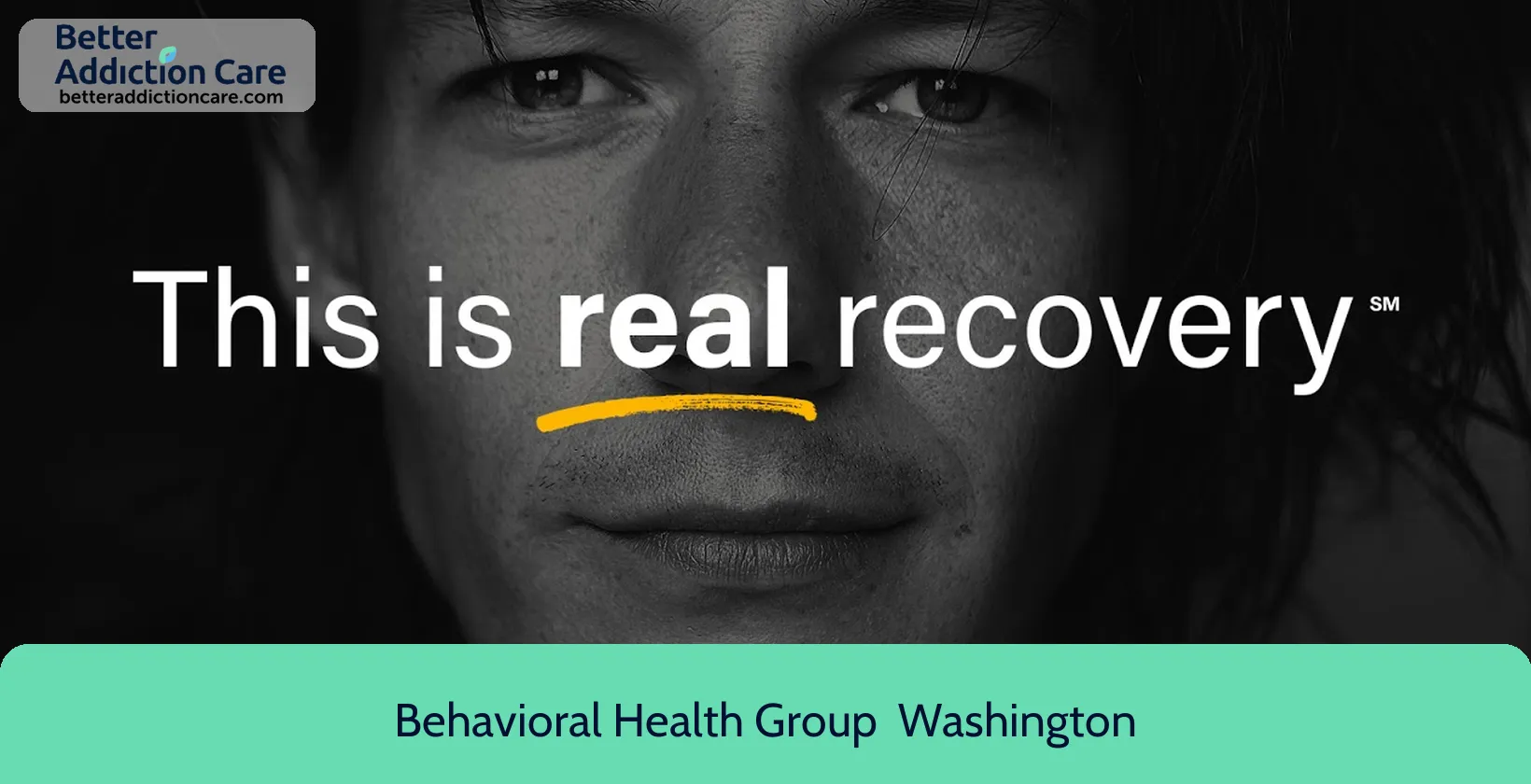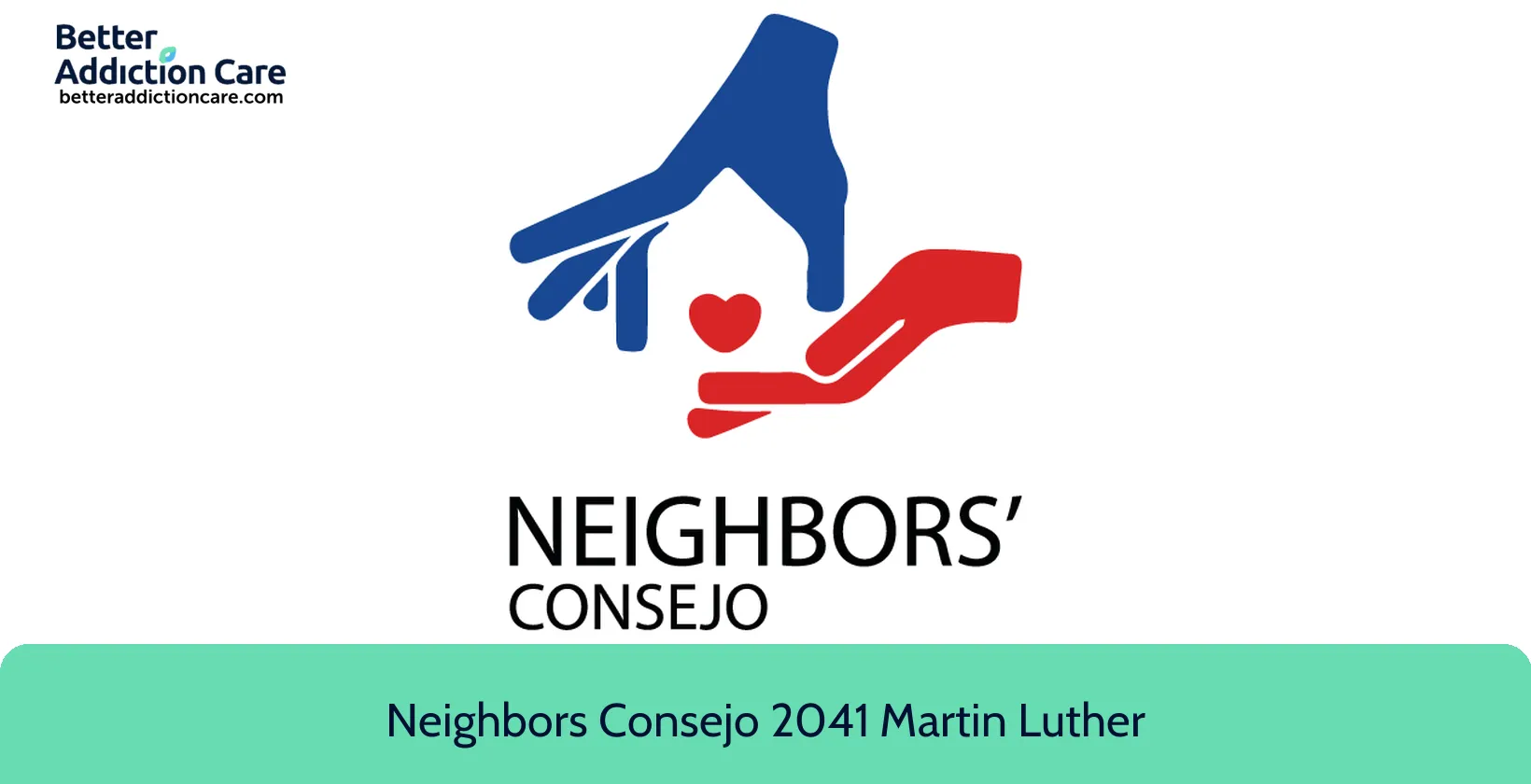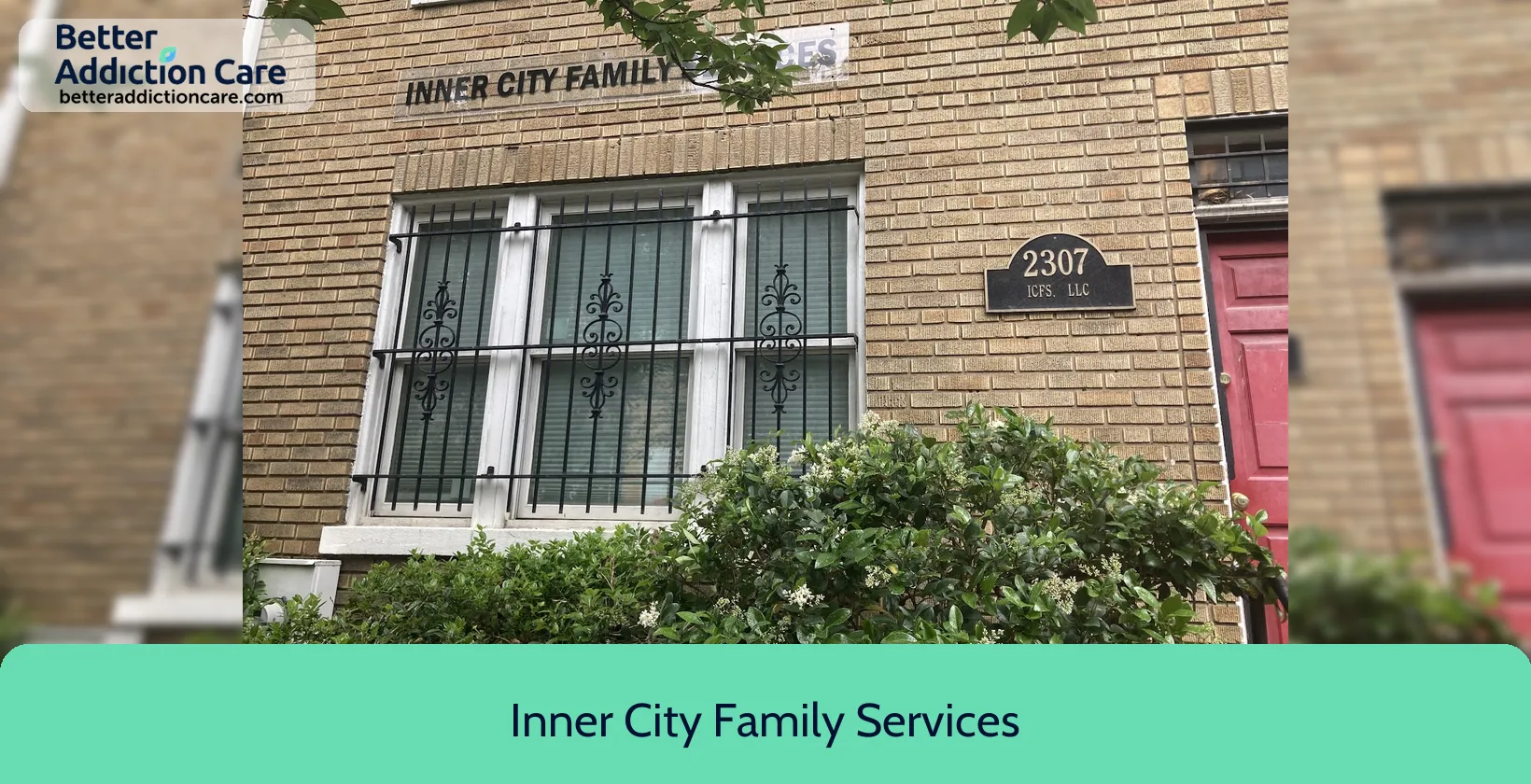Whitman Walker Health - Max Robinson Center

Overview
Whitman Walker Health - Max Robinson Center is a mental health treatment center for people seeking treatment near District of Columbia County. As part of their treatment modalities for recovery, Whitman Walker Health - Max Robinson Center provides couples/family therapy, group counseling, and cognitive behavioral therapy during treatment. Whitman Walker Health - Max Robinson Center is located in Washington, District of Columbia, accepting cash or self-payment for treatment.
Whitman Walker Health - Max Robinson Center at a Glance
Payment Options
- Cash or self-payment
- Medicaid
- Medicare
- State-financed health insurance plan other than Medicaid
- Private health insurance
Assessments
- Screening for tobacco use
- Comprehensive mental health assessment
- Comprehensive substance use assessment
Age Groups
- Seniors or older adults
- Young adults
- Children/adolescents
- Adults
- Seniors
Ancillary Services
- Chronic disease/illness management
- Diet and exercise counseling
- Family psychoeducation
- Illness management and recovery
- Integrated primary care services
Highlights About Whitman Walker Health - Max Robinson Center
6.71/10
With an overall rating of 6.71/10, this facility has following balanced range of services. Alcohol Rehabilitation: 8.00/10, Drug Rehab and Detox: 6.00/10, Insurance and Payments: 6.00/10, Treatment Options: 6.85/10.-
Alcohol Rehabilitation 8.00
-
Treatment Options 6.85
-
Drug Rehab and Detox 6.00
-
Insurance and Payments 6.00
Accreditations
Federally Qualified Health Center:
Federally Qualified Health Center (FQHC) accreditation is a process of evaluation and recognition by the federal government for community health centers that provide comprehensive and accessible healthcare services to underserved populations. FQHC accreditation is essential for centers to receive federal funding and to ensure that they meet standards for quality, patient-centered care.
Treatment At Whitman Walker Health - Max Robinson Center
Treatment Conditions
- Alcoholism
- Mental health treatment
- Substance use treatment
- Co-occurring Disorders
Care Levels
- Outpatient
Treatment Modalities
- Couples/family therapy
- Group counseling
- Cognitive behavioral therapy
- Dialectical behavior therapy
- Integrated Mental and Substance Use Disorder treatment
Ancillary Services
Languages
- Sign language services for the deaf and hard of hearing
Additional Services
- Pharmacotherapies administered during treatment
- Mentoring/peer support
- HIV testing
Special Programs
- Clients with co-occurring mental and substance use disorders
- Clients with HIV or AIDS
- Clients who have experienced trauma
- Clients who have experienced intimate partner violence, domestic violence
- Persons 18 and older with serious mental illness (SMI)
Get Help Now
Common Questions About Whitman Walker Health - Max Robinson Center
Contact Information
Other Facilities in Washington

7.25

6.82

7.07

7.36

6.56

6.93

6.56

6.71
DISCLAIMER: The facility name, logo and brand are the property and registered trademarks of Inner City Family Services, and are being used for identification and informational purposes only. Use of these names, logos and brands shall not imply endorsement. BetterAddictionCare.com is not affiliated with or sponsored by Inner City Family Services.
